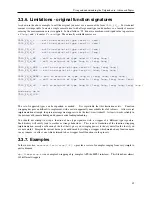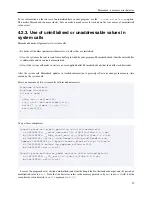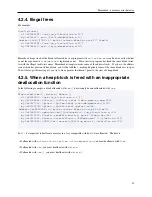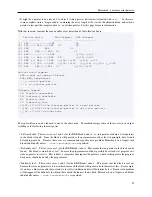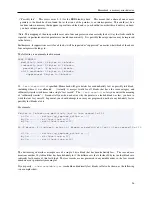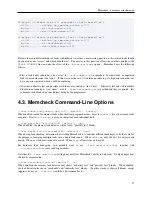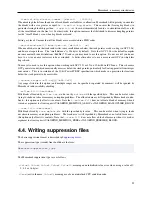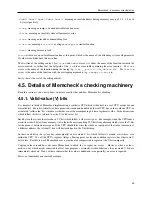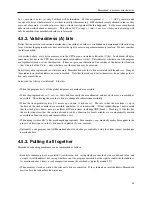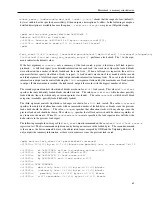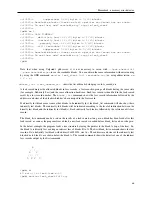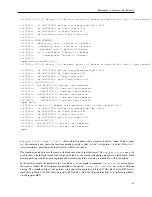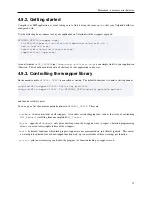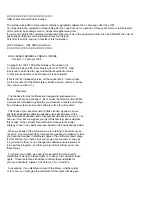
Memcheck: a memory error detector
--freelist-big-blocks=<number> [default:
1000000]
When making blocks from the queue of freed blocks available for re-allocation, Memcheck will in priority re-circulate
the blocks with a size greater or equal to
--freelist-big-blocks
. This ensures that freeing big blocks (in
particular freeing blocks bigger than
--freelist-vol
) does not immediately lead to a re-circulation of all (or a lot
of) the small blocks in the free list. In other words, this option increases the likelihood to discover dangling pointers
for the "small" blocks, even when big blocks are freed.
Setting a value of 0 means that all the blocks are re-circulated in a FIFO order.
--workaround-gcc296-bugs=<yes|no> [default:
no]
When enabled, assume that reads and writes some small distance below the stack pointer are due to bugs in GCC 2.96,
and does not report them. The "small distance" is 256 bytes by default. Note that GCC 2.96 is the default compiler
on some ancient Linux distributions (RedHat 7.X) and so you may need to use this option. Do not use it if you do not
have to, as it can cause real errors to be overlooked. A better alternative is to use a more recent GCC in which this
bug is fixed.
You may also need to use this option when working with GCC 3.X or 4.X on 32-bit PowerPC Linux. This is because
GCC generates code which occasionally accesses below the stack pointer, particularly for floating-point to/from integer
conversions.
This is in violation of the 32-bit PowerPC ELF specification, which makes no provision for locations
below the stack pointer to be accessible.
--ignore-ranges=0xPP-0xQQ[,0xRR-0xSS]
Any ranges listed in this option (and multiple ranges can be specified, separated by commas) will be ignored by
Memcheck’s addressability checking.
--malloc-fill=<hexnumber>
Fills blocks allocated by
malloc
,
new
, etc, but not by
calloc
, with the specified byte. This can be useful when
trying to shake out obscure memory corruption problems. The allocated area is still regarded by Memcheck as unde-
fined -- this option only affects its contents. Note that
--malloc-fill
does not affect a block of memory when it
is used as argument to client requests VALGRIND_MEMPOOL_ALLOC or VALGRIND_MALLOCLIKE_BLOCK.
--free-fill=<hexnumber>
Fills blocks freed by
free
,
delete
, etc, with the specified byte value.
This can be useful when trying to shake
out obscure memory corruption problems.
The freed area is still regarded by Memcheck as not valid for access --
this option only affects its contents. Note that
--free-fill
does not affect a block of memory when it is used as
argument to client requests VALGRIND_MEMPOOL_FREE or VALGRIND_FREELIKE_BLOCK.
4.4. Writing suppression files
The basic suppression format is described in
Suppressing errors
.
The suppression-type (second) line should have the form:
Memcheck:suppression_type
The Memcheck suppression types are as follows:
•
Value1
,
Value2
,
Value4
,
Value8
,
Value16
, meaning an uninitialised-value error when using a value of 1,
2, 4, 8 or 16 bytes.
•
Cond
(or its old name,
Value0
), meaning use of an uninitialised CPU condition code.
59





